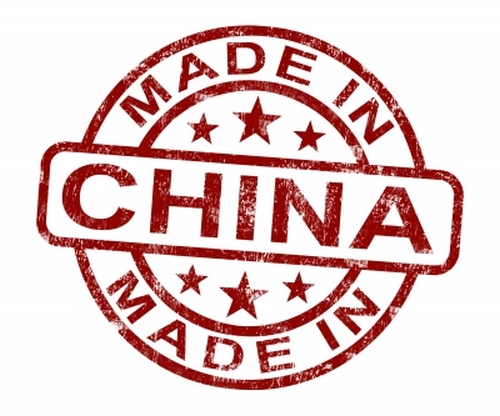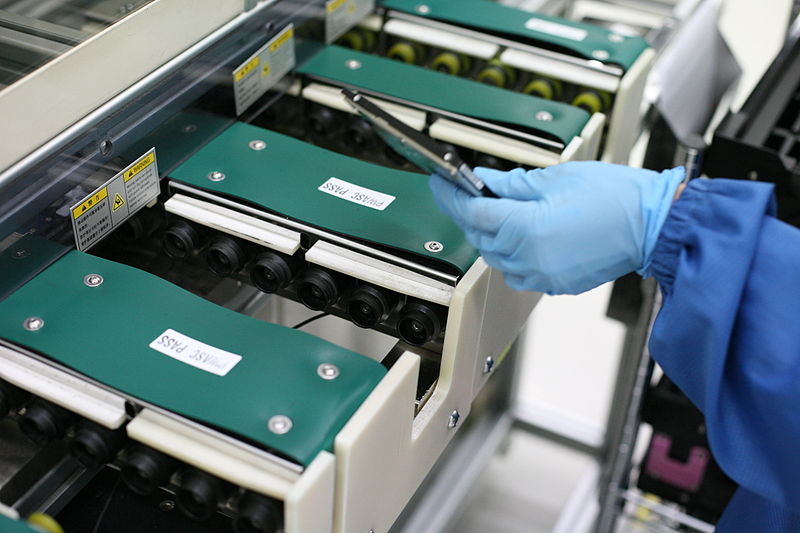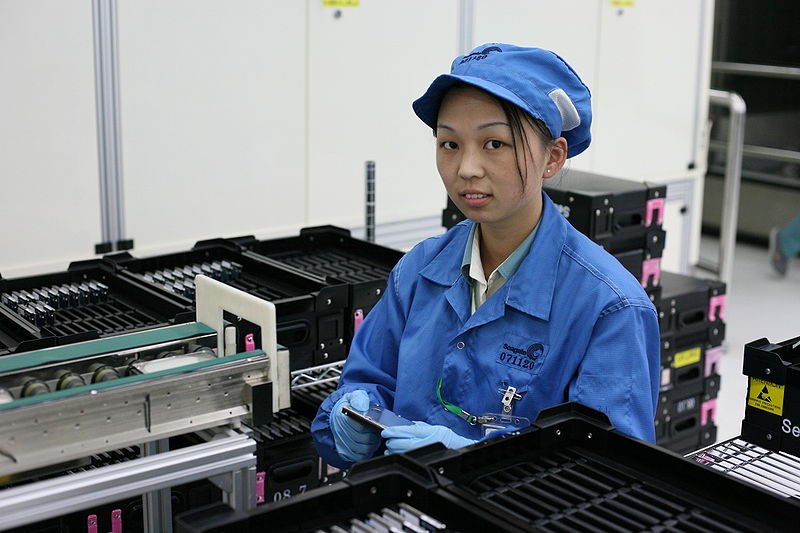6 Misconceptions You Likely Believe about Chinese Tech Products
Often, especially among individual consumer tech buyers, products from China are less preferred. Chinese developed and made products don’t enjoy the trust and confidence of many consumers in the global market. They are perceived to be inferior. There are even allegations that there are products that endanger privacy and security. Not all of these preconceptions are accurate though, especially as many Chinese companies are already exerting serious efforts to become globally competitive. Let’s take a look at some of the common beliefs consumers have about tech products developed, manufactured, and sold by Chinese companies.
- They are not durable.
It can’t be denied that there are many products from China that hardly last a few months of usage. Many consumer electronics from Chinese manufacturers fail quality standard tests. Some research even indicate that the Chinese themselves prefer “made in USA” products and are willing to pay more for the better durability. But are China’s tech exports really not durable?
If you examine the many networking and communication devices used in private and government offices, you will likely find the likes of Huawei and ZTE printed on them. These China tech devices are quite popular in different parts of the world. They seem to be the preferred devices of telecommunications companies most probably because they are cheaper compared to more popular brands. So far, there haven’t been a lot of complaints about them.They satisfactorily serve their intended purpose.
What all of these suggest is that some Chinese products are indeed durability-challenged but there are those that can compete with the products of more globally-known companies. It’s a matter of choosing the right products and brands. Enterprises and government institutions all around the world will not be relying on some China products if they prove to be incapable of lasting long enough to be worth the money spent on them. To equate “made in China” with inferior durability is an unfair sweeping generalization.
- They are inferior in quality.
Another common misconception about Chinese tech products is the supposed inferiority of the products in terms of quality and technology. When it comes to smartphones cameras, for example, not many expect good image quality. However, when actual comparisons are made, many Chinese smartphone brands can actually go toe-to-toe against the devices from major brands. One good example is the 2015 Nexus smartphone from Huawei. The photography experts at DXOMark actually give its camera a higher rating as compared to the iPhone 6S and other more popular devices like the Galaxy Note 4 and LG G4. With many Chinese companies now aiming to introduce their products to the global market, the preconception that Chinese tech products are cheap because they have poor quality only holds true for the products of run-of-the-mill Chinese manufacturers.
- They are used as spying tools by the Chinese government.
There have been several accusations that the Chinese government is using communications and networking products for espionage through software that come pre-installed with the devices being sold to various customers, especially in the United States. These devices are supposedly used to steal intellectual properties and are even alleged to be part of China’s conduct economic and military warfare. No independent party or international authority has clearly confirmed the veracity of these allegations. Also, if such spying through Chinese tech products really exist, strict oversight by governments and the intervention of digital security experts in different parts of the world are supposed to be able to counter these and are expected to raise the issue every so often. With the multitude of technically knowledgeable consumers and online discussion boards for tech users nowadays, it would be a rarity for spying hacks and tricks implemented on consumer tech products to not be noticed and addressed.
- They are difficult to customize because they are made by ‘Chinese engineers who work with different standards.’
This misconception is particularly common in smartphones and tablets. Many customers think that Chinese devices have been created in isolation (under Chinese standards) that even techie users may find it difficult to tinker with them. This is largely untrue. The many Android devices from various Chinese manufacturers that are being sold in different parts of the world are not really that different from the other Android devices sold by non-Chinese companies. When it comes to rooting devices, for example, the Chinese have in fact created convenient solutions to do rooting with just a few clicks. While Chinese products may have idiosyncrasies in them that may take time to get used to, they are not difficult to get acquainted with and customize.
- Chinese products are all shameless imitations.
It can’t be denied that China has some infamy for copying a wide range of things. However, to say that everything the Chinese make are imitations is stretching it too far. Chinese tech companies have also been able to produce tech products that are not based on already existing products being sold by other manufacturers. Yes, there are many products that are complete ripoffs of other more popular products. However, the companies behind Chinese brands that are being marketed internationally usually spend time and effort to veer away from reputation of being imitators. Aside from trying to establish their brands, they are also actively doing this to avoid lawsuits. Nowadays, tech manufacturers tirelessly pursue lawsuits to protect their market share as China continues to become a dominant economic power.
- Innovation in China equates to novelty.
China indeed produces tons of unconventional products that easily wear down, from various shapes and sizes of LED lights to Internet TV boxes and a wide range of smartphone accessories. Most of the time, these are treated as novelty items until major brands realize the viability of their concepts and integrate them as added features into their products. The now popular “hoverboards” or more accurately called the “self balancing two-wheeled board,” for example, is a Chinese invention that would have easily been passed off as a novelty. Just like how it works for most other inventions, the Chinese create something generically referred to as a novelty until it gains attention and consumers find sense in them that they become mainstream products.
Chinese tech products certainly deserve a second look. There are many of them that transcend the kind of reputation Chinese products have been associated with for many years. While it’s true that Chinese imitations and bold ripoffs abound, there are also those that exude innovativeness and ingenuity. By the bye, this is not an attempt to promote Chinese developed and marketed products but a way to emphasize the need to more objectively evaluate tech products instead of maintaining the belief that only established and globally-known companies are capable of offering innovation, reliability, and good performance.


